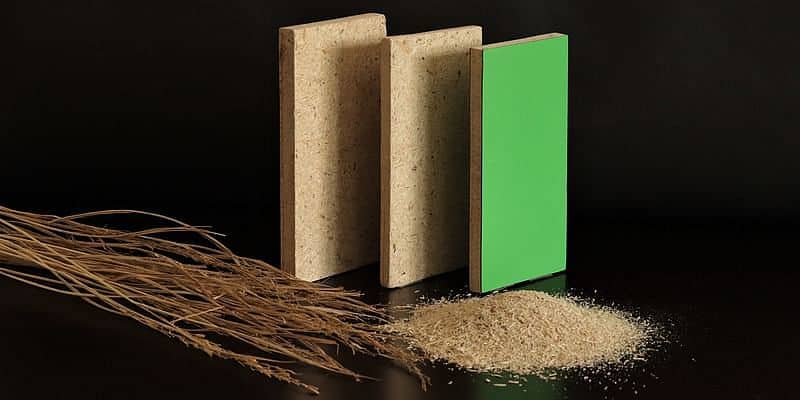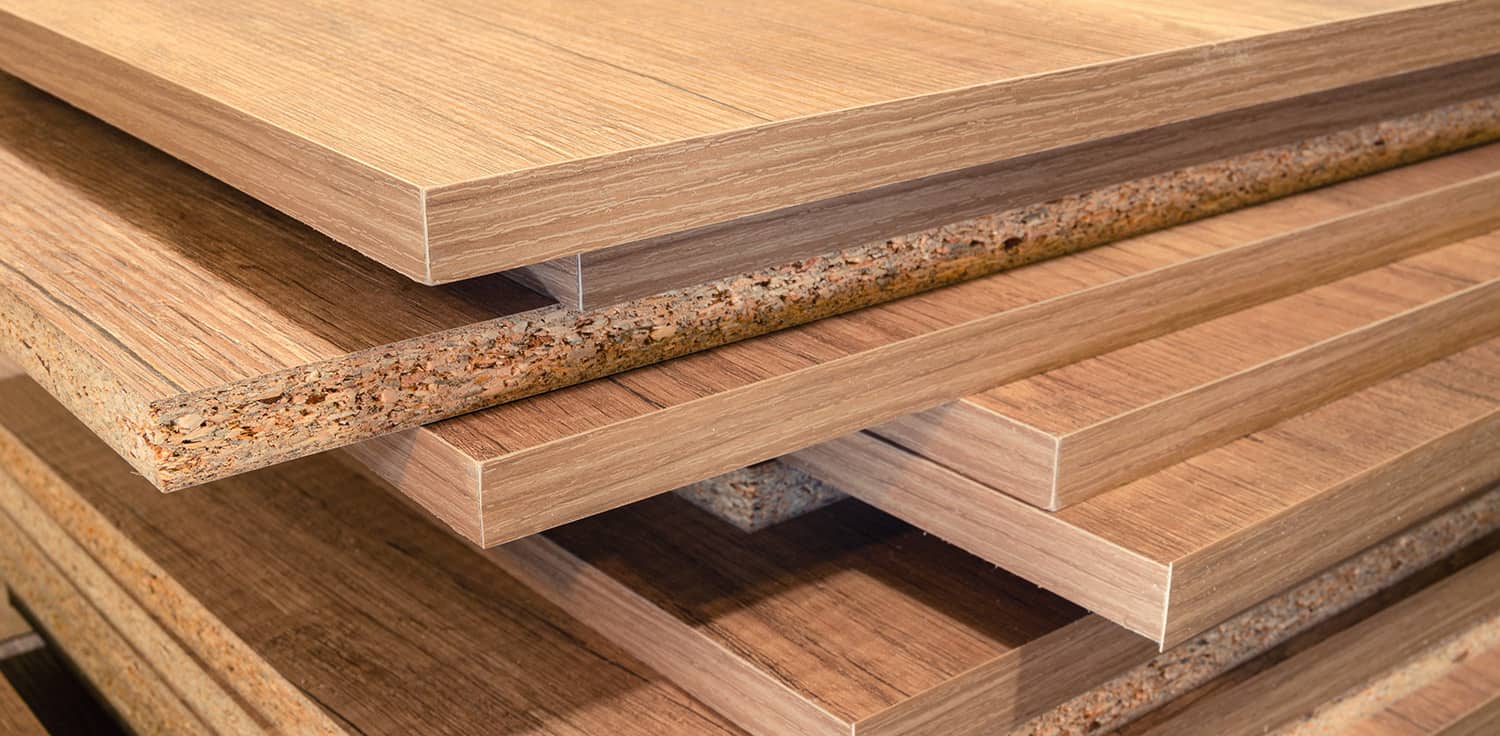Founded in 2018 by sibling duo Shubham Singh and Himansha Singh, Pune-based Craste purchases crop residues from farmers and recycles them into packaging material and engineered boards.
India’s propensity for agriculture means that the country produces a high amount of agricultural waste. A NITI Aayog report quoting MNRE data states that about 500 million tons of agricultural residue is produced every year; NCBI data reveals that about 92 million tons of crop residue are burnt.
Stubble burning is a huge problem, especially in the northern part of India, and leads to huge environmental damage. Sibling duo Shubham Singh and Himansha Singh aim to solve this problem with Pune-based crop waste management startup Craste.
Founded in 2018, Craste purchases crop residues from farmers and recycles them to make packaging materials and engineered boards for furniture. The startup is operated under the company name FUMA Labs Private Limited.
The startup repurposes crop waste into moulded packaging, paper products, packaging, and particle boards, and also helps farmers make additional revenue.
In the beginning
After completing an undergraduate degree in chemical engineering, Shubham was doing a corporate job but desired to walk down the entrepreneurial path. He went on to complete a postgraduate degree and also completed an entrepreneurship course from Imperial College, London.
“I was sitting in the Imperial College library one day and reading the newspaper that stated Delhi was one of the most polluted cities in the world and the problem of stubble burning. A part of my research at that time was already connected to biomass so I wondered if something could done with the crop waste instead of burning it down,” Shubham says.
Further research regarding crop residue and the burning problem revealed that machinery to clear the residue was expensive and manually clearing it was time consuming. This was why farmers resorted to burning down the stubble.
While working on this problem, Shubham also found out that India is one of the largest importers of timber. This led to a new thought, and he conceptualised recycling the crop waste to manufacture engineered boards that could be used to make furniture.
Craste purchases the agricultural waste from the farmers at Rs 6 per kg and recycles them to make packaging materials and engineered boards for furniture. The engineered particle boards are free of formaldehyde, a strong-smelling, colourless gas used in pressed-wood products and that is harmful to human health.
The startup is also building packaging solutions using crop residue. “We developed a patent-pending technology, Fumasolv, to extract a material called Lignin from crop residue to develop packaging solutions. We provide customised packaging solutions to our clients,” he adds.
Business model
Craste operates on the B2B model and sells its boards and packaging materials to businesses. It also works on research and development to create custom-made packaging solutions for its clients.
While the Venture Centre-incubated startup refused to disclose details about its clientele, it revealed that it was working with Anheuser-Busch (global and India teams), and Stanley Black & Decker for developing custom packaging solutions.

Craste has received several grants such as BIRAC SOCH Award, Biotech Ignition Grant (BIRAC), and AB InBev Grant among others. Last year, it received the Millennium Alliance Award. It has also received funding from Stanley Techstars Accelerator.
“We recently got another central government grant under RAFTAAR scheme where our partner is Punjab Agriculture Unit, Ludhiana, to set up a pilot unit. To date, we have received about $250K in grants,” he said.
According to a report by Mordor Intelligence, the Indian particle board market was valued at over $720 million in 2020 and is expected to grow at a CAGR of more than 11.5 percent from 2021 to 2026 period.
Notable players such as CenturyPly, Green Land Particle Board, and Archidply Industries Limited are among those working in the particle board market.
Speaking about future plans, the co-founder says the startup is looking to raise funding by the end of this year. He adds that a part of it will be used to set up an R&D centre to accelerate its research on products that can be made using agricultural wastes.
“Over the long run – in the next five years – we want to scale up our business using the franchise model. We will also be looking at global expansion as we have recorded interest from Africa, Europe, and US,” Shubham says.
Packaging 360 is a comprehensive knowledge sharing ecosystem for the Indian packaging industry. Our services include an online content platform to deliver news, insights and case studies; organising conferences seminars and customised training; Providing Bespoke Project Consulting, Market Research and Intelligence.







